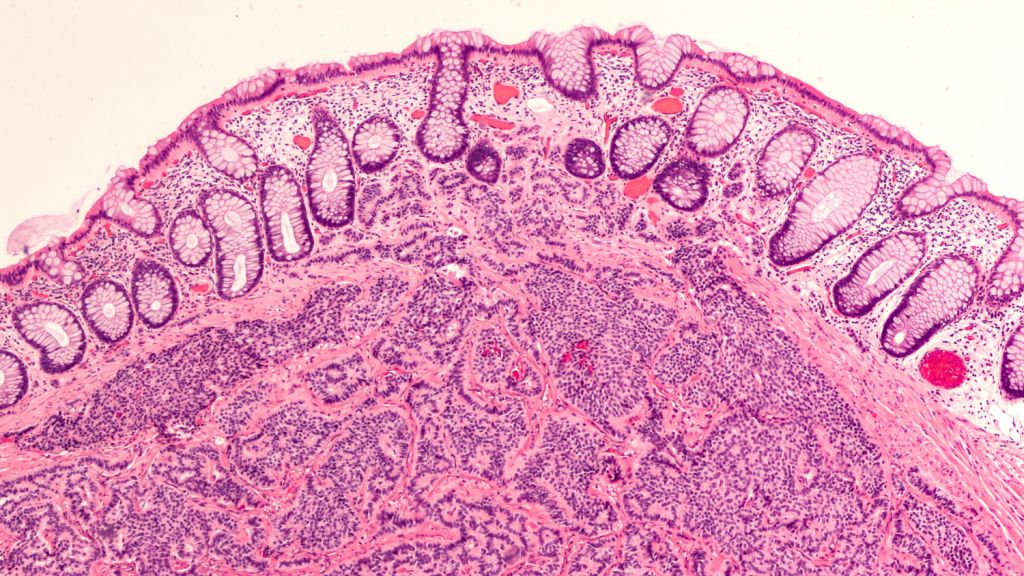Newsletter Signup - Under Article / In Page
"*" indicates required fields
Ariceum Therapeutics, a private biotech company developing a radiopharmaceutical product for the diagnosis and systemic targeted radiation therapy of certain hard-to-treat cancers, has completed an oversubscribed €25M ($26.7M) Series A financing round.
Ariceum was co-founded by EQT Life Sciences (formerly LSP) and HealthCap, which also co-led the financing that was joined by Pureos Bioventures. Ipsen transferred assets, and all corresponding rights into the company in late 2021.
Ariceum said the financing will enable it to further develop its lead asset and proprietary peptide derivative, satoreotide. Satoreotide is a radiopharmaceutical drug and an antagonist of the somatostatin type 2 (SST2) receptor, which is overexpressed in many cancers, including certain hard-to-treat cancers such as small cell lung cancer (SCLC), high-grade neuroendocrine tumours (NETs) and neuroblastoma, an aggressive, rare type of cancer that occurs mainly in young children.
Satoreotide is in early clinical development and has been administered to more than 100 patients.
Ariceum financing
Founded in 2021, Ariceum is headquartered in Berlin, with operations in Germany and activities in Europe, North America and Australia.
Related to the financing, Karin Kleinhans, partner at EQT Life Sciences, Per Samuelsson, partner at HealthCap and Martin Münchbach, managing partner at Pureos Bioventures will join Ariceum’s board of directors together with Eduardo Bravo, CEO of EBAC, who has been elected chairman of the board.
Manfred Rüdiger, CEO of Ariceum Therapeutics, said the company is working on advancing satoreotide for systemic targeted radiation therapy (STRT) to visualize and treat neuroendocrine tumors and certain other more aggressive cancers.
Kleinhans added, “We founded Ariceum with the aim to build a European leader in targeted radiopharmaceuticals. We are delighted to support the company in the development of its innovative technology to create more effective treatments for patients suffering from hard-to-treat cancers which are currently not adequately addressed by existing therapies, in addition to neuroendocrine cancers expressing the receptor.”
Münchbach said the company will be able to develop better targeted drugs to eradicate cancer more effectively with less side-effects.The increasing commercial and clinical potential of radiopharmaceuticals has led to growing big pharma and investor interest in the last decade. And earlier this year, European venture capital firms Jeito, Forbion, and Inkef Capital teamed up to boost the radiopharmaceutical scene by investing €80M ($85.5M) in the Belgian firm Precirix.
Cover image: Shutterstock
Oncology R&D trends and breakthrough innovations







